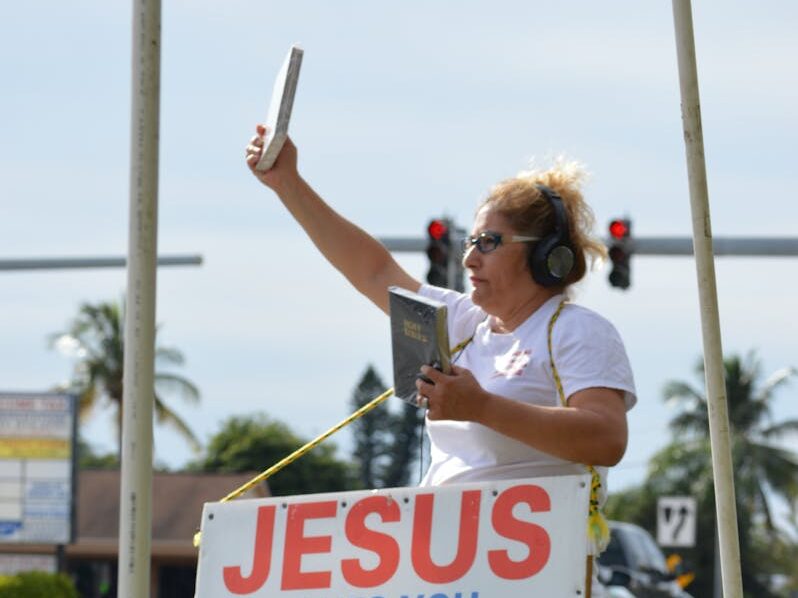
Evangelical Christians get talked about a lot, but the conversation often focuses on a stereotype rather than the people themselves. The label comes with assumptions, many of which don’t match the reality of everyday life. Like any large group, they’re more complicated than the headlines suggest. The truth is, once you start talking to people one-on-one, the picture looks less like a caricature and more like a mix of individual experiences and perspectives.
They All Vote the Same Way

Spend enough time with evangelical Christians, and you’ll hear a range of political opinions you wouldn’t expect. Some care most about social issues, others about economics, and a few admit they don’t follow politics closely at all. While certain patterns do show up, the idea of a single, unified voting block falls apart quickly once you start listening to individual conversations over coffee or after a church service.
They Reject All Science

It’s not unusual for someone outside the faith to assume evangelicals dismiss science entirely. The reality is far less uniform. Plenty of them work in medicine, engineering, or research and see no conflict between their faith and scientific discovery. They may approach certain topics differently, but they’re not living in a bubble. Many see science as another way to appreciate the complexity of the world they believe God made.
They’re Always Trying to Convert People

While sharing faith is an important part of evangelical tradition, it doesn’t mean every conversation is a recruitment pitch. In day-to-day life, many prefer relationships to grow naturally. If belief comes up, it often does through genuine curiosity rather than force. You’ll find that most don’t want to argue someone into faith, but would rather live in a way that speaks for itself.
They Take Every Verse in the Bible Literally
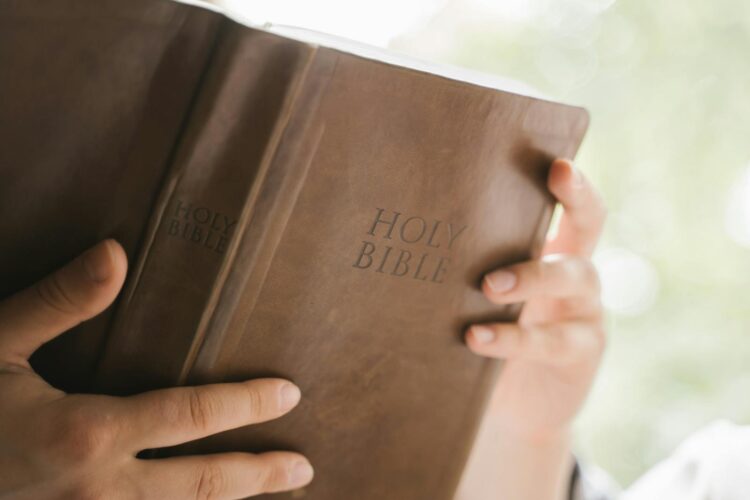
The assumption that evangelicals read the Bible like a manual with no nuance is a stretch. Some passages are taken as history, others as poetry or metaphor, depending on context. Conversations in Bible studies can get surprisingly deep, with people weighing cultural background, translation differences, and symbolism. Even within the same congregation, interpretations can vary more than outsiders might think.
They Avoid Modern Culture Completely
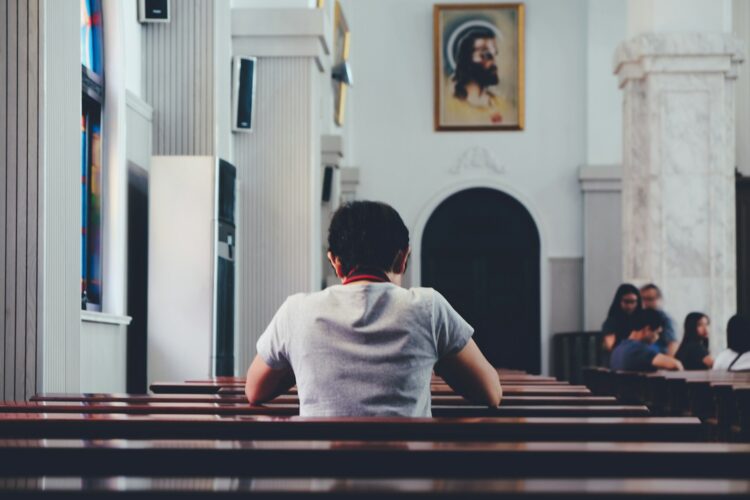
It’s easy to picture evangelicals as turning away from anything mainstream, but you’ll find them enjoying popular music, going to movies, and scrolling social media like anyone else. Some choose to skip certain shows or songs, but it’s not about hiding from the world — it’s about drawing personal lines they’re comfortable with. Others actively use culture to connect with people who might never step inside a church.
They Think Doubt Means Weak Faith

From the outside, it may look like evangelicals see every question as a threat, but many talk openly about doubt. You’ll hear it in small group discussions or one-on-one conversations, where people admit to wrestling with parts of their faith. For some, doubt is simply part of growing and learning. They don’t see it as a crack in the foundation, but as a way to deepen understanding.
They’re All Alike No Matter Where You Go

Walk into churches in different regions and you’ll notice the differences immediately. Worship styles vary, priorities shift, and the tone of a sermon in a small rural church can feel completely different from one in a downtown congregation. What evangelicals have in common doesn’t erase the ways their local culture shapes how they express and live out their beliefs.
They Don’t Have Friends Outside Their Faith

While faith is central to their lives, many evangelicals maintain close friendships with people who believe differently. They might work side-by-side with someone of another religion, play on the same sports team or live next door and swap holiday treats. These relationships don’t always involve debates about belief — sometimes they’re just about enjoying each other’s company without trying to change anyone’s mind.
They Always Read the Bible the Same Way

Even among people who attend the same church for years, differences in interpretation are common. One person might see a passage as symbolic, another as a direct instruction. Disagreements happen, and discussions can stretch late into the evening over coffee. The shared belief in scripture doesn’t mean every line gets the same treatment from everyone who reads it.
They Oppose Every Kind of Social Change
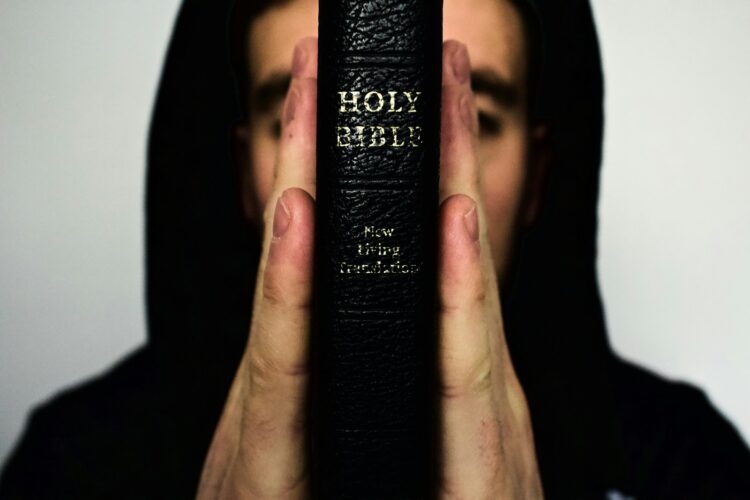
Some evangelicals are cautious about rapid change, but that doesn’t mean they oppose all progress. You’ll find those who are active in pushing for better schools, affordable housing, racial reconciliation, and environmental care. While they may disagree on how to get there, many see these causes as a natural extension of their faith rather than something in conflict with it.
They Put Belief Above Every Relationship
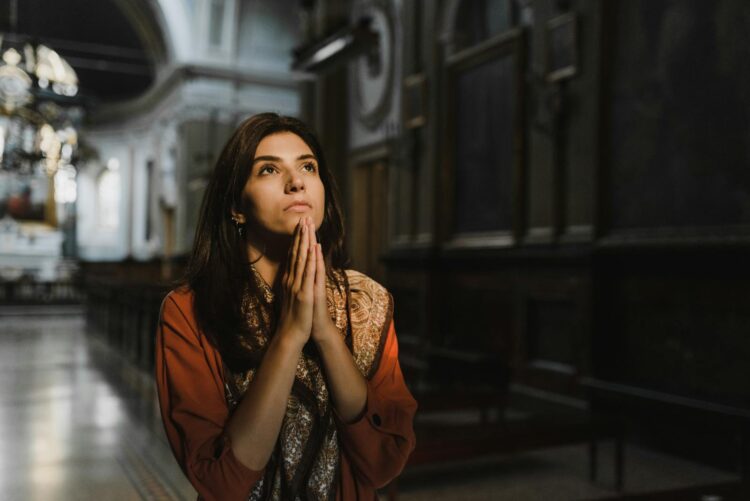
Faith is important, but that doesn’t mean every relationship is conditional. Many evangelicals have family members, friends, and coworkers who don’t share their beliefs, and they keep those bonds strong. They may hope the other person comes to faith, but they don’t make affection or support dependent on agreement. Often, love comes first, even when convictions differ.
They Follow Leaders Without Question

The idea that evangelicals simply take whatever a pastor says as truth doesn’t reflect the reality in most churches. People walk away from congregations they feel no longer align with their values. Questions get raised in meetings, and leadership is often accountable to a board or elder team. While some communities struggle with this, others encourage healthy challenge and open dialogue.
They Can’t Get Along With People Who Disagree

The idea that evangelicals can’t maintain civil relationships with those who challenge their beliefs oversimplifies reality. Many actively seek respectful dialogue even with people whose worldviews are vastly different. They see value in learning from others, even when they don’t reach an agreement. While strong convictions remain, it’s entirely possible for evangelicals to engage in meaningful and friendly relationships with those who think differently.
They Only Care About the Afterlife

It’s true that heaven is a major part of evangelical belief, but that doesn’t mean they ignore the present. Many are deeply involved in meeting immediate needs in their neighborhoods — running food banks, mentoring kids, or supporting local charities. For them, faith isn’t only about where they’re headed after death, but about how they live and help others right now.
They Have No Personal Freedom

From the outside, the lifestyle of an evangelical can look full of restrictions. Inside, many describe those boundaries as chosen rather than forced. They decide what aligns with their convictions, and those choices can vary widely from person to person. While there are shared moral guidelines, how they’re applied often comes down to personal conscience.

